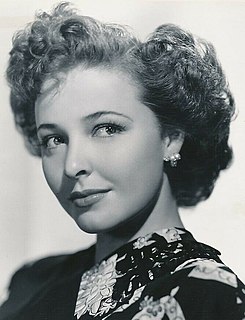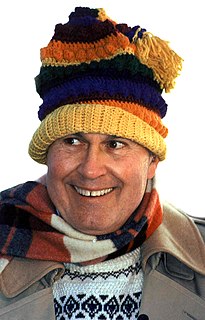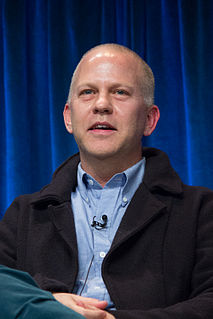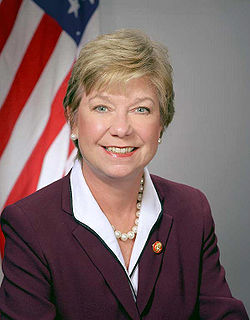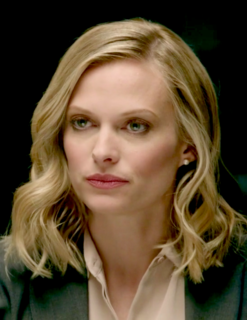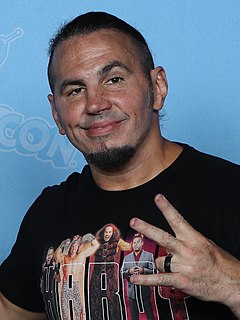A Quote by Randy Orton
I'd RKO my own grandmother if it meant keeping this title. Then I'd RKO your grandmother just to see the look on her face.
Related Quotes
Once, when I was 5 years old, a little girl who lived next door to my grandmother dared me to put on a muumuu and run across a nearby parking lot. So I did. I threw it on, hiked it up in one hand, and ran like hell. It felt amazing to be in a dress. But suddenly my grandmother appeared, a look of horror on her face.
I heard a story about a woman who grew up in Texas. When she was having trouble in her life, she would visit her grandmother, who lived nearby and always had a kind word and some wisdom to pass on. One day she was complaining to her grandmother about some situation and her grandmother just turned to her, smiled sadly, and said, "Sometimes, darlin', you've just got to rise above yourself in this life." I've remembered that wise advice many times as I've faced trouble in my life.
I asked my grandmother how a Hungarian Jewish person can experience being Jewish. My grandmother answered was the only choice was to "keep quiet." I can understand her because she was a Holocaust survivor, and for her survival, she had to keep quiet. But I didn't obey my grandmother when I was a child, and in this case, I don't obey her either.
Through my grandmother's stories always life moved, moved heroically toward an end. Nobody ever cried in my grandmother's stories. They worked, or schemed, or fought. But no crying. When my grandmother died, I didn't cry, either. Something about my grandmother's stories (without her ever having said so) taught me the uselessness of crying about anything."
Growing up, I thought my grandfather was dead. Later, I learned he was alive, but my family pretended he didn't exist because of the terrible way he'd abused my grandmother and my mother. He did things like shave my grandmother's head and lock her in a closet. With my mother's help, my grandmother finally left him.
My grandmother is still a woman who worries about what she looks like when she goes outside. She's from that era, and I can remember saying to her, 'Grandmother, we're just going to the grocery store.' And she'd be like, 'I've got to fix my face!' You were very aware of how you were presenting yourself to society in 1960s Las Vegas.
My great grandfather used to say to his wife, my great-grandmother, who in turn told her daughter, my grandmother, who repeated it to her daughter, my mother, who used to remind her daughter, my own sister, that to talk well and eloquently was a very great art, but that an equally great one was to know the right moment to stop.

